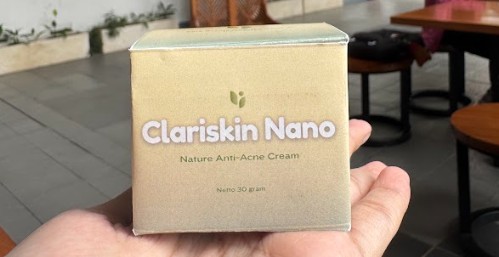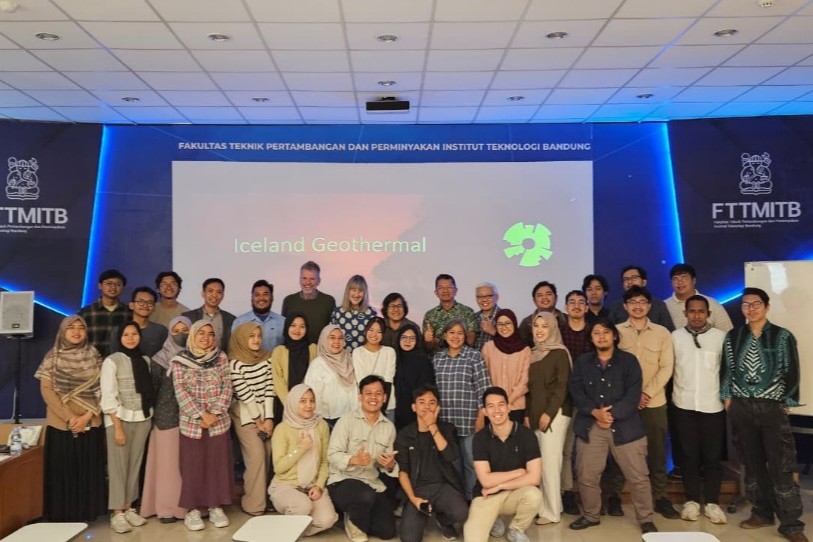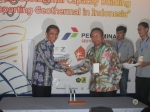ITB and Kyoto University Strengthen Collaboration on Geothermal Exploration Technology Development
By Adi Permana
Editor Adi Permana

BANDUNG, itb.ac.id--Institut Teknologi Bandung (ITB) and Kyoto University, Japan, strengthen research collaboration on geothermal exploration technology development through a project called BAGUS, or Beneficial and Advanced Geothermal Use System.
During 24 April 2015 to 24 April 2020, ITB and Kyoto University have collaborated in a research project named “Beneficial and Advanced Geothermal Use System” (BAGUS) which was under the scheme of Science and Technology Research Partnership for Sustainable Development (SATREPS). The research project was funded by Japan International Cooperation Agency (JICA) for ITB and by the Japan Science and Technology Agency (JST) for Kyoto University. The project was co-partnered by three parties, i.e. Center for Mineral, Coal, and Geothermal Resources (CMCGR) - Geological Agency, Star Energy Geothermal (Wayang Windu) Ltd., and PT Geo Dipa Energi (Persero).
This project was motivated by some global issues such as the manifestation of phenomena suggesting “Global Warming”, the need for enhanced use of renewable energy resources, the cost problem in geothermal resource exploration & development, and the vulnerability of geothermal resource. There are three aims of the project, known as 3S, i.e. (i) Detection of steam spots (Steam-Spot Exploration), (ii) Minimization of environmental load (Sustainable Development), and (iii) Maximization of resource and plant uses (Survivability).
By this project, JICA has installed some modern laboratory equipment and software with total budget JPY 282.5 million or equivalent to about IDR 36 billion. All equipment and software were installed in Laboratory of Hydrogeology and Hydrogeochemistry FTTM ITB. The list of equipment are: Automated multipurpose XRD, WD-XRF, Ion Chromatography, Gas Chromatography, Field Spectrometer, Ultra-Micro Balance, Scanning Electron Microscope – EDS, Ultra-Pure Water Purifier System, ICP – MS, Water Stable Isotope, GC-EA Isotope Ratio Mass Spectrometry, Radon and Mercury measurement equipment, ENVI software for remote sensing analysis (installed in Study Program of Geology FITB), and TOUGH software for reservoir modelling (installed in Study Program of Geothermal FTTM). Apart from the BAGUS Project, the equipment is also provided for community services within ITB and other universities and institution e.g. Ministry of Energy and Mineral Resources, Indonesian Institute of Sciences, Indonesian National Narcotics Agency, National Agency of Drug and Food Control, Forensic Laboratory Center - Indonesian National Police, PT Biofarma (Persero), PT Len Industri (Persero), Ministry of Public Works and Public Housing of Republic of Indonesia, etc. The current laboratory’s activity can be seen in: https://lab.fttm.itb.ac.id/hidro/.
Beside those laboratory facilities, these five years project has also produced some extensive outcomes as follows:
• Publication in international proceedings and journals (> 20 papers).
• Final project for Bachelor program (± 20 students) at ITB, Master thesis (± 15 students) at ITB, and PhD dissertation (4 students) at Kyoto University.
• Short-term training program in geothermal science and technology at Kyoto University which was held for four batches and participated by ± 40 junior researcher (master students) of ITB, ± 5 research assistants of ITB, ± 6 scientist/engineer/staff of CMCGR (Geological Agency) and geothermal companies.
• Development on the new geothermal sites at Wayang Windu and Patuha geothermal fields, Bandung Regency, West Java.
This year (April 2020 to March 2021) Kyoto University extends the new research collaboration under the scheme of Accelerating Social Implementation for SDGs (Sustainable Development Goals) Achievement or called as aXis Project which is funded by JST. This new project is the implementation of BAGUS Project at Patuha geothermal field with total budget about USD 800 thousand. The title of project is “Accuracy Improvement and Demonstration by Boring Survey of Steam-Spot Detection Technology for Locating Drilling Sites of Geothermal Production Wells”. In this project, additional radon and mercury monitoring points and some geophysical surveys such as Audio-Magnetotelluric (AMT) and Transient Electromagnetic (TEM) methods are planned. Moreover, shallow core drilling for thermal gradient measurement and geochemical analysis of core and fluids samples is planned for one well with total depth about 600 m within PT Geo Dipa Energi (Persero)’s working area.
The general activities of BAGUS project can be checked at: http://bagus-satreps.fttm.itb.ac.id/

.jpg)
.jpg)
.jpg)
.jpg)



